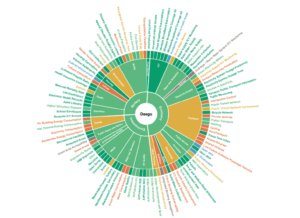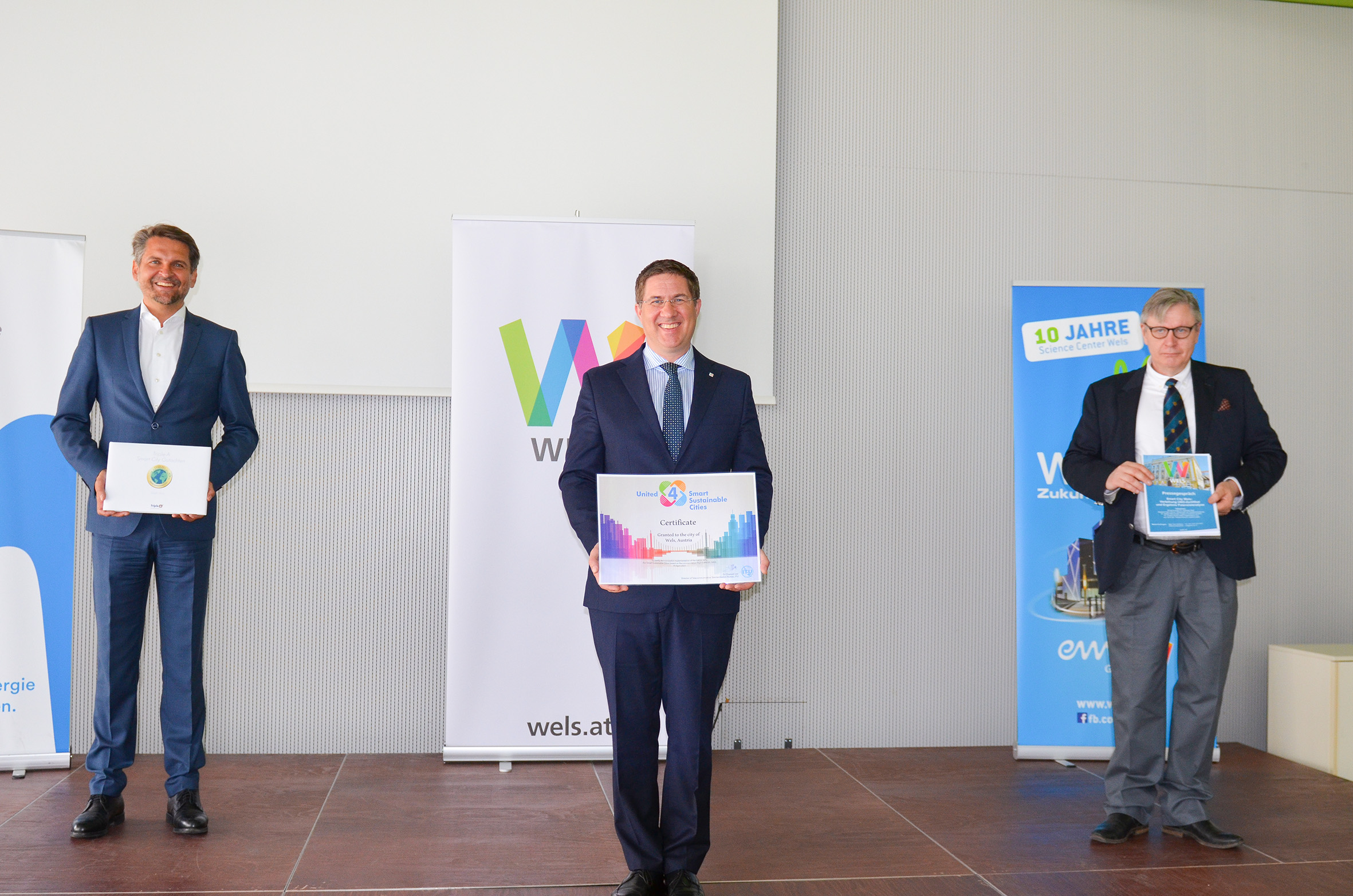KPI Advantages
The first and only International Standard supported by 18 UN Agencies and Programmes
Acts as a strong policy tool
Gives cities the opportunity to assess their own progress
Allows cities to develop better strategies for their management
Helps cities achieve the Sustainable Development Goals
Why do cities need KPIs?
The U4SSC Key Performance Indicators (KPIs) are a vital policy tool for cities wishing to achieve the UN Sustainable Development Goals (SDGs).
The KPIs support cities and communities worldwide in evaluating the role and contribution of ICTs and digital technologies in enabling smartness and sustainability, and to provide cities with the tools for self-assessment with the objective of achieving the UN SDGs.
What exactly are Key Performance Indicators in relation to the U4SSC?
KPIs serve as an accurate measurement for the metrics within cities. A primary example of a KPI is the number of small to medium size firms within a community, which has a direct correlation to growth and innovation. There are many different KPIs that indicate a city’s prosperity, both culturally and economically, that are measured, gathered, and reported to local leadership. This publication seeks to provide the relevant framework on how the U4SSC use the KPI project. The U4SSC serves as a global platform to advocate for public policy and to encourage the use of information and communication technologies (ICTs) and digital technologies to facilitate and ease the transition to smart sustainable cities.
Elements of a KPI
What goes into creating a KPI for your city? What are the different elements that are used?
Collection Methodology for Key Performance Indicators for Smart Sustainable Cities
This publication was developed within the framework of the United for Smart Sustainable Cities (U4SSC) initiative. This publication provides cities with a methodology on how to collect data or information from key performance indicators (KPIs) for smart sustainable cities (SSC). This set of KPIs for SSC were developed to establish the criteria to evaluate ICT’s contributions in making cities smarter and more sustainable, and to provide cities with a means for self-assessment.
City Snapshot
The City Snapshot provides a visual overview on a city’s performance to benchmark in the Key Performance Indicators for Smart Sustainable Cities. The visual representation highlights a city’s performance in each dimension and subdimension of the KPIs for SSC based on the inherited benchmark value of each indicator.
Verification Report
As part of the reporting of cities’ experiences in piloting the U4SSC Key Performance Indicators (KPIs) for Smart Sustainable Cities (SSC), the verification reports contain the verification results from assessing the validity of the data submitted by the participating city. The report highlights the KPIs that the city has successfully reported and its performance in each indicator. The verification process aims to verify that the submitted data was in conformity with the requirements listed in the “Collection Methodology for Key Performance Indicators for Smart Sustainable Cities” and it is carried out by an independent verifier.
Case Study
The City Case Study provides a comprehensive analysis of the performance of cities on each of the Key Performance Indicators for Smart Sustainable Cities. It highlights the initiatives and activities a city has carried out in each dimension of the KPIs along with an analysis on their effectiveness and recommended future actions. Given that the KPIs for SSC are connected to the targets of the Sustainable Development Goals, the case study also provides a general overview on the city’s progress towards the SDGs.
Implement the KPIs for your city!

Report
Publish key areas of analysis, important lessons learned, establish actionable outcomes and other key city insights

Benchmark
Track year over year progress, perform longer term trend analysis and benchmark performance

Map
Provide a powerful visual representing the areas where city action is required

Mayors in Wels receiving their U4SSC Certificates



